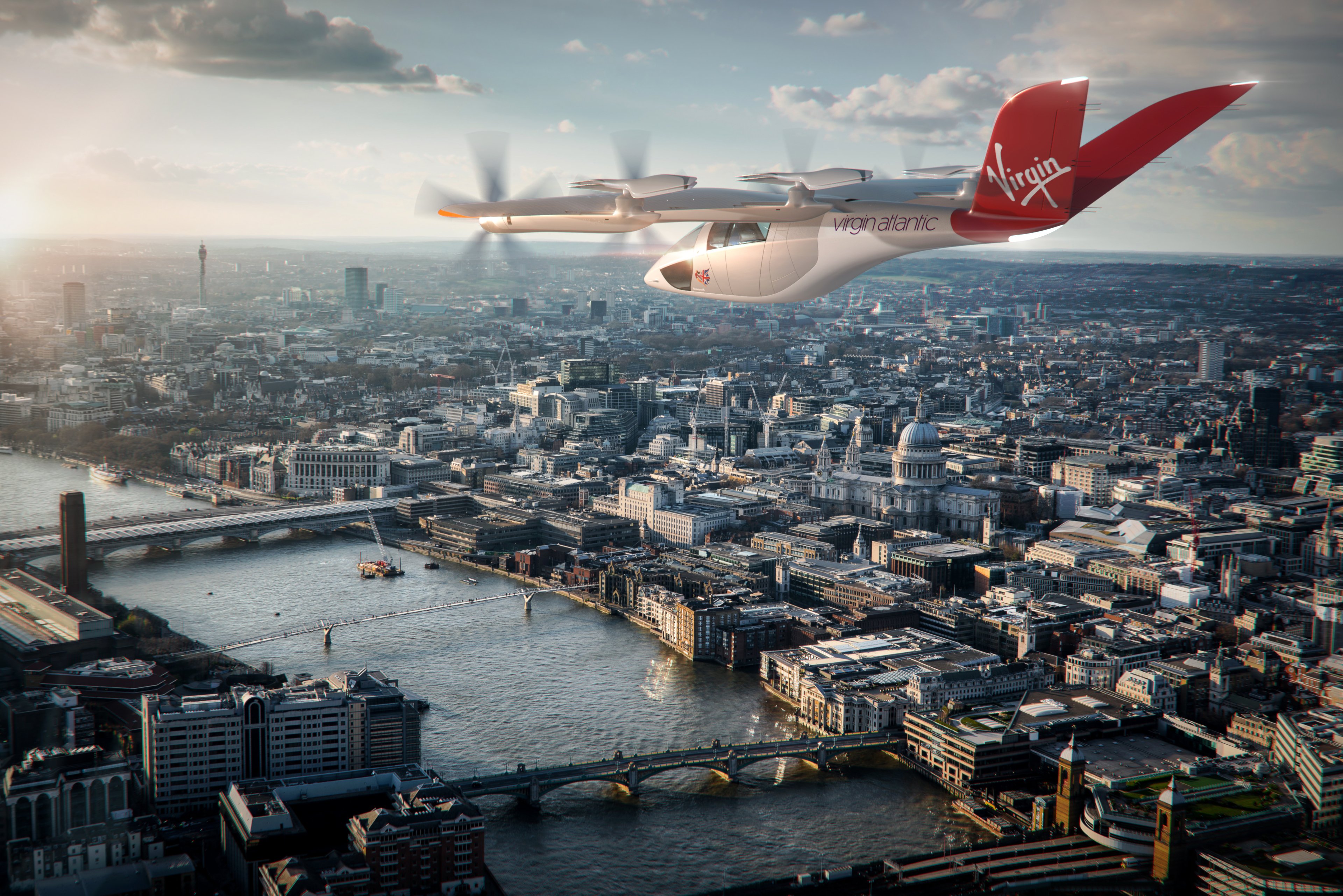Click Here to View This Page on Production Frontend
Click Here to Export Node Content
Click Here to View Printer-Friendly Version (Raw Backend)
Note: front-end display has links to styled print versions.
Content Node ID: 419599
The UK Civil Aviation Authority (CAA) this week confirmed that it will adopt EASA’s Special Conditions (SC) VTOL standards as the basis for certifying eVTOL aircraft. The decision should make it more straightforward for UK aircraft developers to achieve concurrent approval for their products.
In March, the CAA agreed to work with the FAA on type certification processes for eVTOL aircraft. The U.S. regulator is taking a different approach from its European counterpart but has agreed to build on existing bilateral air safety agreements with the UK to create a path for eVTOL manufacturers to get approvals validated on both sides of the Atlantic.
The two agencies have bilateral validation agreements in place with EASA and Transport Canada, plus working arrangements with many more countries. The agreement, which was announced during the Global Urban & Advanced Air Summit, covers type certification and also production and operational approvals.
When the UK left the European Union on Jan. 31, 2021, it ceased to be an EASA member state, raising concerns in the country’s aerospace sector that it might find it harder to get products approved for sale in Europe. Under its Brexit doctrine, the Conservative administration has previously insisted that the UK will be “a rule-maker, not a rule-taker” with complete independence from European authorities, but the CAA’s move to operate under the EASA mantle would suggest that a more pragmatic approach has prevailed.
“The decision to adopt SC-VTOL as our certification basis will support UK manufacturers and enable them to easily access the global market for eVTOL aircraft,” said Rob Bishton, CAA group director for safety and airspace regulation.
One of the most immediate beneficiaries of the CAA’s alignment with EASA is UK-based Vertical Aerospace, which in April announced its intention to seek concurrent certification for its VX4 vehicle with both regulators. It is building the first full-scale prototype of the four-passenger aircraft at its partner GKN Aerospace’s factory at Bristol.
“The UK confirming these high standards of safety for new electric aircraft is a pivotal and positive step towards building a world-leading zero-emissions aircraft manufacturer in Britain,” said Vertical president Michael Cervenka. “It is vital that passengers and the public have the same trust in eVTOLs as in today’s passenger planes as we try to make flying faster, smarter, and greener.”
Last year, EASA published the first part of its means of compliance statement of issue document. By the end of June, it intends to publish a second set of requirements that has resulted from an industry consultation process conducted up to the end of 2021. At the same time, the agency is also engaged with the Eurocae WG-112 standards working group.
